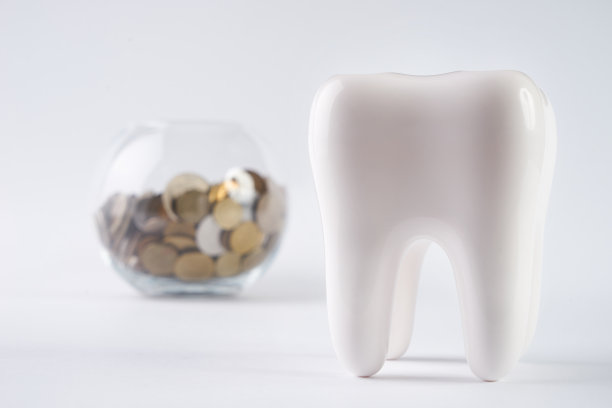Understanding the Process and Importance of Extracting a Tooth for Dental Health and Overall Wellbeing
Summary: Extracting a tooth is a critical procedure that plays a vital role in maintaining dental health and overall wellbeing. This article delves into the necessity of tooth extraction, examining its indications, step-by-step process, potential risks, and the overall impact on a person鈥檚 health. By understanding these intricacies, patients can be better prepared for what to expect and appreciate the importance of the procedure in preventing further complications. As dental issues can significantly affect an individuals quality of life, this comprehensive overview emphasizes the significance of timely tooth extraction, paving the way for healthier dental practices and improved wellbeing.
1. Understanding the Necessity of Tooth Extraction

Tooth extraction is often necessary when a tooth is damaged beyond repair due to decay, trauma, or periodontal disease. Dental professionals frequently assess the state of the tooth and its surrounding structures to determine whether extraction is the best option. For instance, severe caries can compromise the tooth structure significantly, making restoration impossible.
Another common reason for extraction is crowding. Sometimes, orthodontic treatments require the removal of specific teeth to create adequate space for alignment. This strategic extraction can dramatically improve the overall dental aesthetics and function, allowing the remaining teeth to fit harmoniously within the mouth.
Additionally, wisdom teeth often necessitate extraction due to potential complications. These third molars may become impacted, leading to pain, infection, or alignment issues for adjacent teeth. As such, proactive removal can avert numerous dental problems.
2. The Process of Tooth Extraction
The tooth extraction process begins with a thorough evaluation by the dentist, who may take X-rays to assess the tooths position and root structure. Following this assessment, the dentist will discuss the extraction method best suited for the situation鈥攕imple extractions are made on visible teeth, while surgical extractions may be required for impacted teeth.
During the procedure, local anesthesia is administered to ensure the patient remains comfortable and pain-free. Once the area is numb, the dentist carefully loosens the tooth using specialized instruments and extracts it from the socket. This procedure typically lasts between 20 to 40 minutes, depending on various factors such as the complexity of the extraction.
Post-extraction, the dentist provides instructions for care and recovery. These may include pain management, dietary recommendations, and signs to monitor for potential complications such as excessive bleeding or infection. Following these guidelines is essential for a smooth recovery process.
3. Risks and Complications of Tooth Extraction
While tooth extractions are generally safe, like any medical procedure, they carry certain risks. One potential complication is dry socket, which occurs when the blood clot that forms in the extraction site dislodges or dissolves prematurely. This condition can lead to significant pain and require additional treatment.
Infection is another risk associated with tooth extraction. Although dental professionals take substantial measures to minimize this risk, individuals with compromised immune systems or underlying health conditions may be more susceptible to infections post-extraction.
Furthermore, there may be instances of nerve damage, especially if the tooths roots are close to nerves. While rare, this can result in sensations such as numbness or tingling in the lip or chin, necessitating careful attention from the dental provider during the procedure.
4. Impact on Overall Dental Health and Wellbeing
Extracting a problematic tooth can significantly improve overall dental health. By removing decayed or infected teeth, patients can prevent the spread of infection to adjacent teeth and other areas of the body. This not only preserves the integrity of other teeth but also contributes to the overall functionality of the bite.
Moreover, by addressing overcrowding or misaligned teeth through extractions, individuals can experience enhanced dental aesthetics and improved self-esteem. A healthy, attractive smile can have profound effects on a persons social interactions and professional opportunities, leading to a better quality of life.
Ultimately, timely tooth extraction is an important step in dental care, promoting long-term health and wellbeing. Following the procedure, patients often feel relief from pain or discomfort, making it a pivotal element in their journey toward optimal dental health.
Summary:
In conclusion, understanding the process and importance of tooth extraction is essential for maintaining dental health and improving overall wellbeing. This procedure, although sometimes daunting, plays a crucial role in preventing further complications and preserving the integrity of the mouth. Awareness of the necessity, the procedure, risks involved, and the overall health benefits can empower patients to make informed decisions regarding their dental care.
This article is compiled by Vickong Dental and the content is for reference only



